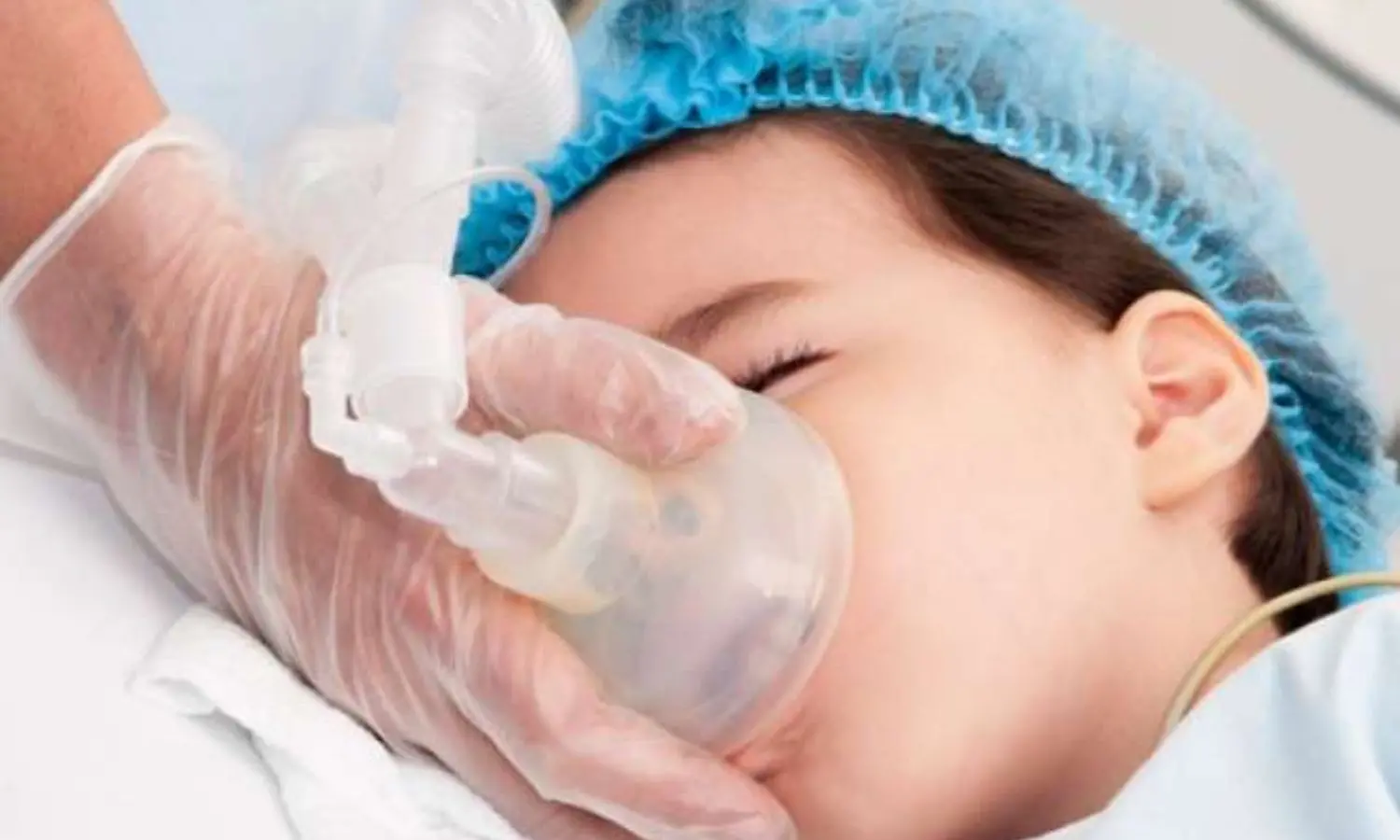- Home
- Medical news & Guidelines
- Anesthesiology
- Cardiology and CTVS
- Critical Care
- Dentistry
- Dermatology
- Diabetes and Endocrinology
- ENT
- Gastroenterology
- Medicine
- Nephrology
- Neurology
- Obstretics-Gynaecology
- Oncology
- Ophthalmology
- Orthopaedics
- Pediatrics-Neonatology
- Psychiatry
- Pulmonology
- Radiology
- Surgery
- Urology
- Laboratory Medicine
- Diet
- Nursing
- Paramedical
- Physiotherapy
- Health news
- Fact Check
- Bone Health Fact Check
- Brain Health Fact Check
- Cancer Related Fact Check
- Child Care Fact Check
- Dental and oral health fact check
- Diabetes and metabolic health fact check
- Diet and Nutrition Fact Check
- Eye and ENT Care Fact Check
- Fitness fact check
- Gut health fact check
- Heart health fact check
- Kidney health fact check
- Medical education fact check
- Men's health fact check
- Respiratory fact check
- Skin and hair care fact check
- Vaccine and Immunization fact check
- Women's health fact check
- AYUSH
- State News
- Andaman and Nicobar Islands
- Andhra Pradesh
- Arunachal Pradesh
- Assam
- Bihar
- Chandigarh
- Chattisgarh
- Dadra and Nagar Haveli
- Daman and Diu
- Delhi
- Goa
- Gujarat
- Haryana
- Himachal Pradesh
- Jammu & Kashmir
- Jharkhand
- Karnataka
- Kerala
- Ladakh
- Lakshadweep
- Madhya Pradesh
- Maharashtra
- Manipur
- Meghalaya
- Mizoram
- Nagaland
- Odisha
- Puducherry
- Punjab
- Rajasthan
- Sikkim
- Tamil Nadu
- Telangana
- Tripura
- Uttar Pradesh
- Uttrakhand
- West Bengal
- Medical Education
- Industry
Basics of Consent for Anaesthesia in Children and Young People, study provides insight

Ireland: A recent article in Anaesthesia & Intensive Care Medicine explores the key considerations surrounding consent for anesthesia in children and young people.
The legal framework governing consent for medical interventions in children is intricate. In many jurisdictions, children who are deemed mature enough can provide consent on their own. However, the specific regulations surrounding this can differ significantly. When a child is not in a position to consent, approval must be obtained from a person with parental responsibility. This article explores the nuances of consent, including instances of refusal, related to medical treatments involving children, adolescents, and their parents.
This article provides general information about consent for medical interventions involving children and young people. According to the authors, it is intended for educational purposes and should not be taken as legal opinion or advice. Clinicians facing uncertainty in specific situations are encouraged to consult the relevant authorities within their institution for guidance.
According to the United Nations Convention on the Rights of the Child, a child is defined as anyone under 18. This recognition of children as individuals with rights is reflected in UK and Irish legislation. Children’s rights include being heard and having their views respected, though capacity varies by age. While children can consent to most medical procedures at 16, those under 16 are typically regarded as children, while those aged 16-17 are termed "young people." Doctors must act in the best interests of children, but defining these interests can be complex, requiring consideration of ethical and cultural factors. In uncertain situations, clinicians should seek guidance from experienced colleagues.
According to the article, consent for medical interventions, particularly in anaesthetic practice, is a critical ethical, professional, and legal requirement. Outside of emergencies, treating a child without consent is unlawful. Consent may come from the child if they are mature enough or from a parent/legal guardian if they are not. For consent to be valid, it must meet three criteria: it must be (i) informed, (ii) voluntarily provided, and (iii) given by someone with the capacity and legal authority. Doctors are responsible for delivering all relevant information clearly and comprehensively, ensuring that patients understand their options. Consent should be obtained by a knowledgeable physician who can adequately inform the patient, address questions, and discuss alternative treatments.
"Consent for medical treatment of a child or young person can be provided by the competent individual themselves, their parent/legal guardian if they are not, or by a court-authorized person if necessary. In emergencies, treatment may proceed without consent if the child lacks capacity and no guardian is available in time, provided the treatment is essential to save their life or prevent serious harm, known as the Doctrine of Necessity. The legal right to consent varies based on age and jurisdiction," Niall Tierney from Trinity College in Dublin, Ireland, and colleagues stated.
Reference:
Tierney, N., Casby, C., & Lyons, B. (2024). Consent for anaesthesia: Considerations in children and young people. Anaesthesia & Intensive Care Medicine, 25(10), 703-707. https://doi.org/10.1016/j.mpaic.2024.07.002
Dr Kamal Kant Kohli-MBBS, DTCD- a chest specialist with more than 30 years of practice and a flair for writing clinical articles, Dr Kamal Kant Kohli joined Medical Dialogues as a Chief Editor of Medical News. Besides writing articles, as an editor, he proofreads and verifies all the medical content published on Medical Dialogues including those coming from journals, studies,medical conferences,guidelines etc. Email: drkohli@medicaldialogues.in. Contact no. 011-43720751


